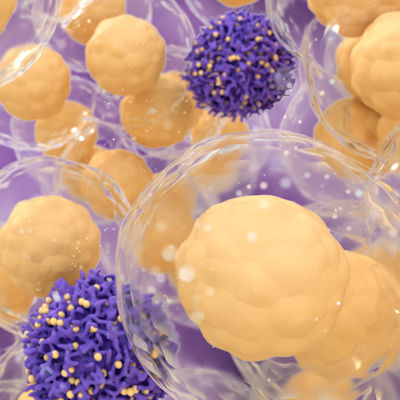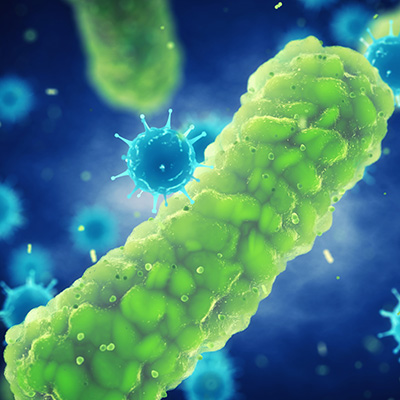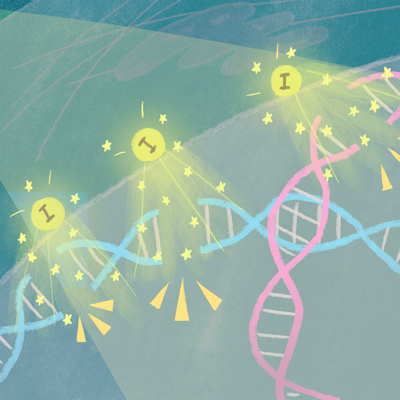September 6, 2022 -- A team from St. Jude Children’s Research Hospital has discovered the specific cause for why certain cells don’t undergo apoptosis and instead create a new generation of “persister cells.”
Published on September 1 in Cell, the research shows that the release of the protein cytochrome c from mitochondria occurs in persister cells but full apoptosis does not. Cytochrome c release jumpstarts another process that can override the cell death pathway: the integrated stress response pathway. The stress response increases the protein activating transcription factor 4 (ATF4) within the cell and eliminates proteins that promote cell death and the upregulation of genes that promote survival. However, if ATF4 is knocked out or inhibited, the cancer cells succumb to the initial cancer treatment. The same is true when the protein that activates ATF4, heme-regulated inhibitor (HRI), is removed or inhibited.
In their mice models, the researchers showed their artificially induced persister cells were more aggressive and formed more colonies than the original cancer cells, which matches the metastatic nature of recurrent tumors.
Copyright © 2022 scienceboard.net









